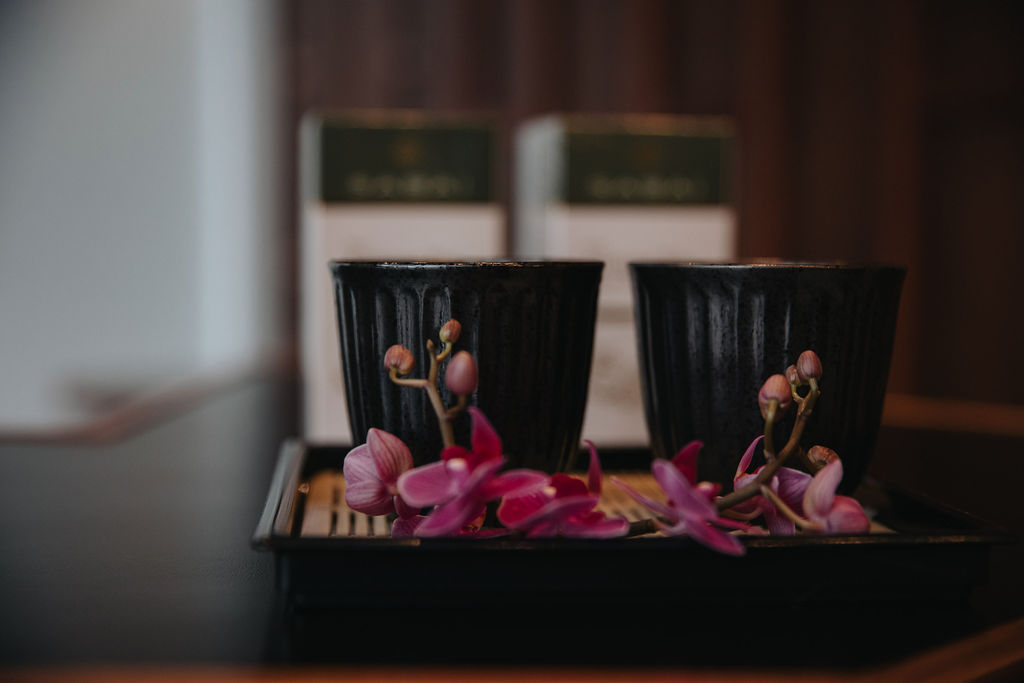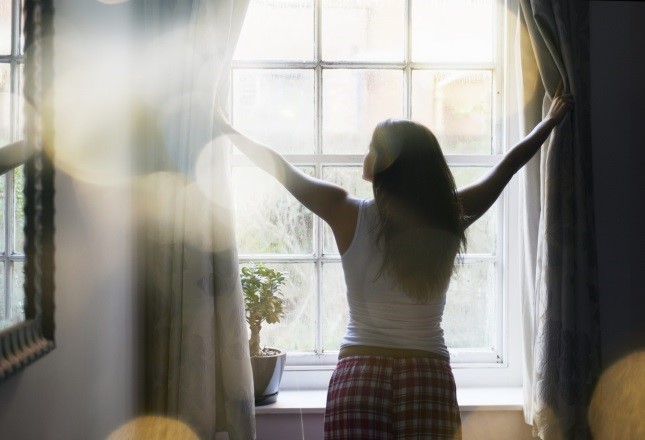A good night’s sleep is one of the most powerful ways to restore your body and mind.
Yet, in our fast-paced world, many people find themselves tossing and turning, struggling to get the restful sleep they need.
Lack of quality sleep can affect everything from mood and focus to physical health and productivity.
The good news? There are natural ways to improve sleep quality, and one of the most effective methods is incorporating massage therapy into your wellness routine.
Why Sleep Matters So Much
Sleep isn’t just a luxury—it’s a necessity. When you don’t get enough rest, your body misses out on crucial healing and recharging processes.
Here are a few of the key benefits of quality sleep:
- Physical restoration: Sleep allows your body to repair muscles, restore energy, and strengthen the immune system.
- Mental clarity: Adequate rest improves concentration, memory, and decision-making.
- Stress reduction: Quality sleep lowers cortisol levels and improves emotional regulation.
- Long-term health: Proper rest reduces the risk of heart disease, obesity, and diabetes.
On the other hand, poor sleep can lead to fatigue, irritability, reduced productivity, and even chronic health issues.
Clearly, sleep is not something to compromise on—but many of us still struggle to achieve it.
Secrets to Improve Sleep Naturally
1. Create a Consistent Bedtime Routine
Our bodies thrive on routine. Going to bed and waking up at the same time each day helps regulate your body’s internal clock.
Create relaxing bedtime rituals like reading, journaling, or listening to calming music to signal to your body that it’s time to unwind.
2. Limit Screen Time Before Bed
The blue light emitted by phones, tablets, and TVs suppresses melatonin production, the hormone responsible for sleep.
Try to disconnect from screens at least one hour before bedtime. Replace late-night scrolling with a soothing activity like deep breathing or a warm bath.
3. Optimize Your Sleep Environment
Your surroundings play a big role in the quality of your sleep. A dark, cool, and quiet room helps the body transition naturally into rest. Blackout curtains, white noise machines, and calming scents like lavender or chamomile can help set the stage for a better night’s sleep.
4. Practice Relaxation Techniques
Gentle stretching, yoga, or meditation before bed helps release physical and mental tension. These practices prepare the nervous system for rest and encourage a state of calmness that makes drifting off easier.
The Role of Massage in Better Sleep
One of the most effective—and enjoyable—ways to promote sleep naturally is through massage therapy. Here’s how massage helps:
- Reduces stress hormones: Massage lowers cortisol, the hormone responsible for stress, while increasing serotonin and melatonin—chemicals that regulate relaxation and sleep.
- Relieves muscle tension: Massage eases tightness and pain that often keep people awake at night.
- Calms the nervous system: The gentle, soothing pressure of massage activates the parasympathetic nervous system, which signals the body to relax and prepare for rest.
- Improves circulation: Better blood flow encourages overall relaxation and healing, supporting deep, restorative sleep.
At Sabai Thai Spa Vancouver, we offer signature treatments that are especially beneficial for improving sleep:
Thai Massage
Thai Massage combines stretching, gentle pressure, and movement to release tension and restore balance.
This ancient technique not only improves circulation but also helps reset the body’s energy flow, making it easier to relax into sleep.
If stress or muscle stiffness is keeping you awake, Thai Massage is an excellent choice.
Flow Massage
If you prefer something gentle and deeply soothing, Flow Massage is designed to calm the nervous system through rhythmic, fluid movements. It’s the perfect treatment for those dealing with restlessness, anxiety, or difficulty winding down at night. Many clients find that a Flow Massage prepares them for one of the best sleeps they’ve had in weeks.
Fusion Massage
Sometimes the body craves a bit of everything. Fusion Massage blends different massage techniques to target stress, tension, and fatigue all at once.
By combining relaxing strokes with deeper therapeutic pressure, this treatment is tailored to your needs—helping you restore balance and encouraging the kind of relaxation that leads to uninterrupted sleep.
Healthy Lifestyle Habits for Quality Sleep
Massage therapy is powerful on its own, but pairing it with healthy lifestyle habits can take your sleep quality to the next level.
Here are a few additional practices:
- Mind your diet: Avoid caffeine, sugar, and heavy meals close to bedtime. Instead, opt for sleep-friendly snacks like bananas, almonds, or herbal teas.
- Stay active during the day: Regular physical activity improves sleep, but avoid intense workouts right before bedtime.
- Stay hydrated—but not too late: Drinking enough water is essential, but try to reduce intake right before bed to prevent waking up frequently at night.
- Practice mindfulness: Keeping stress levels under control during the day through meditation, journaling, or gratitude practices can help ensure a peaceful night’s sleep.
Conclusion: Drift Into Deeper Rest
Sleep is one of the cornerstones of health, and improving it doesn’t always require drastic changes—sometimes it’s about making small, mindful adjustments to your lifestyle and wellness routine.
Creating healthy habits, setting up the right environment, and incorporating regular massage therapy can transform restless nights into deep, rejuvenating rest.
At Sabai Thai Spa Vancouver, we are dedicated to helping you find balance and relaxation. Whether you choose a calming Flow Massage, an energizing and restorative Thai Massage, or a customized Fusion Massage, our treatments are designed to support your journey to better sleep.
Ready to experience the secrets to a better night’s rest?
Book your massage at Sabai Thai Spa Vancouver today and wake up refreshed, restored, and ready to embrace the day.



